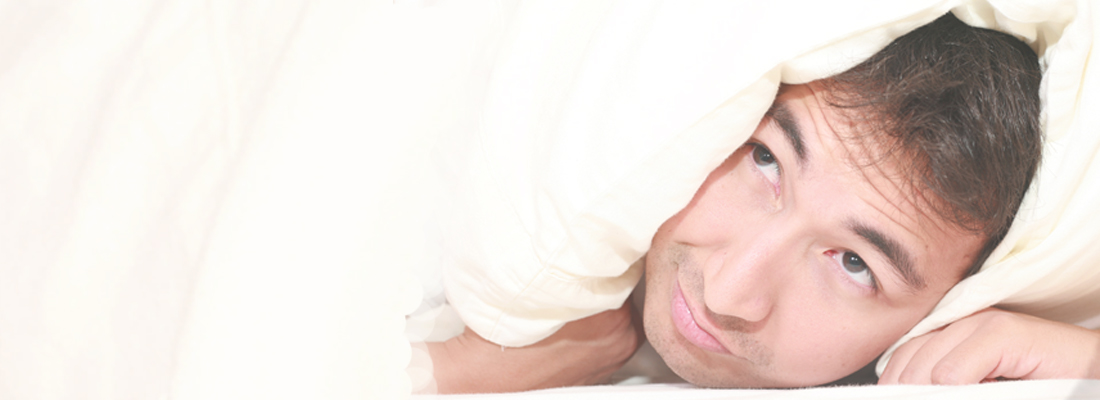It’s a common, and unhealthy combination: you’re bone tired, you can’t sleep because you can’t breathe right, and you crave sweet, or salty, or fatty foods – or all of them!
All too often we find ourselves in an unhealthy cycle of poor sleep, obstructed breathing and cravings for the least nutritious foods: sweet, salty, or fatty – or all of them.
Why do I crave junk food when I’m tired?
In brief, it’s because you’re tired. A few years back a study by a team at St. Luke’s-Roosevelt Hospital Center and Columbia University confirmed this, with a dramatic set of fMRI (functional magnetic resonance imaging) scans. A group of 25 women and men of normal weight were the subjects. They were shown images of healthy and unhealthy foods while the fMRI tracked blood flow in their brains. When the subjects were getting sufficient sleep – five days of nine hours’ sleep – there was no unusual brain activity. But after five reduced sleep nights of only four hours, the pictures of candy, donuts and junk food triggered activity in areas of the brain associated with reward.
Sleep time breathing disruption makes it even worse
If your nose is stuffy, or you’re already obese, mouth-breathing, snoring and sleep apnea can disrupt your rest kicking off a cycle of fatigue-driven craving, weight gain and generally declining physical and mental condition. As a person gains weight, “especially in the trunk and neck area, the risk of sleep-disordered breathing increases due to compromised respiratory function,” according to New York Weill Cornell Medical Center sleep specialists Margaret Moline, PhD and Lauren Broch, PhD. Not only is the obese and out-of-condition person less likely to start or keep exercising, the buildup of sleep deficit from apnea-disrupted rest can adversely affect the metabolism and interfere with proper hormone levels.
Sleep deprivation affects metabolism
University of Chicago researchers restricted four healthy young adults to four hours’ sleep for six nights, and found that the ability of their bodies to metabolize blood glucose had declined – some of them to levels as low as a diabetic patient. The conclusion is that even if you start healthy, sleep apnea and the resulting deficits can put you on a path to unhealthy weight gain.
Better breathing can improve sleep and help prevent weight gain
In advanced cases, your doctor could prescribe a Continuous Positive Airway Pressure (CPAP) device to ensure a steady flow of oxygen to your lungs. If the breathing interference is not severe, you may be able to avoid breathing-disrupted sleep and its consequences by improving the way you breathe in bed.
Nose breathing helps you get more uninterrupted sleep
One remedy for sleep interrupted by breathing troubles is to breathe more naturally through your nose. But a cold or allergy can make that hard. Allergy to substances in bedding, carpet or curtains – or to pets – can cause breathing troubles. Try positioning pillows to raise your head higher, and using a humidifier in the room where you sleep. Adhesive strips can help spread the nostrils, countering the effect of a deviated septum – the bit that divides the interior of your nose in half. It can also help to sleep on one side, with the head elevated, keeping open the wider side of your nasal passages.
Better breathing equals better sleep equals better health
Once your breathing stops interfering with your sleep, you may discover you are more mentally alert, feel less sleepy, and have less impulse to overeat. All these reasons add up to a powerful argument in favor of working on healthy breathing habits that help you get the sleep you need to stay physically healthy.

